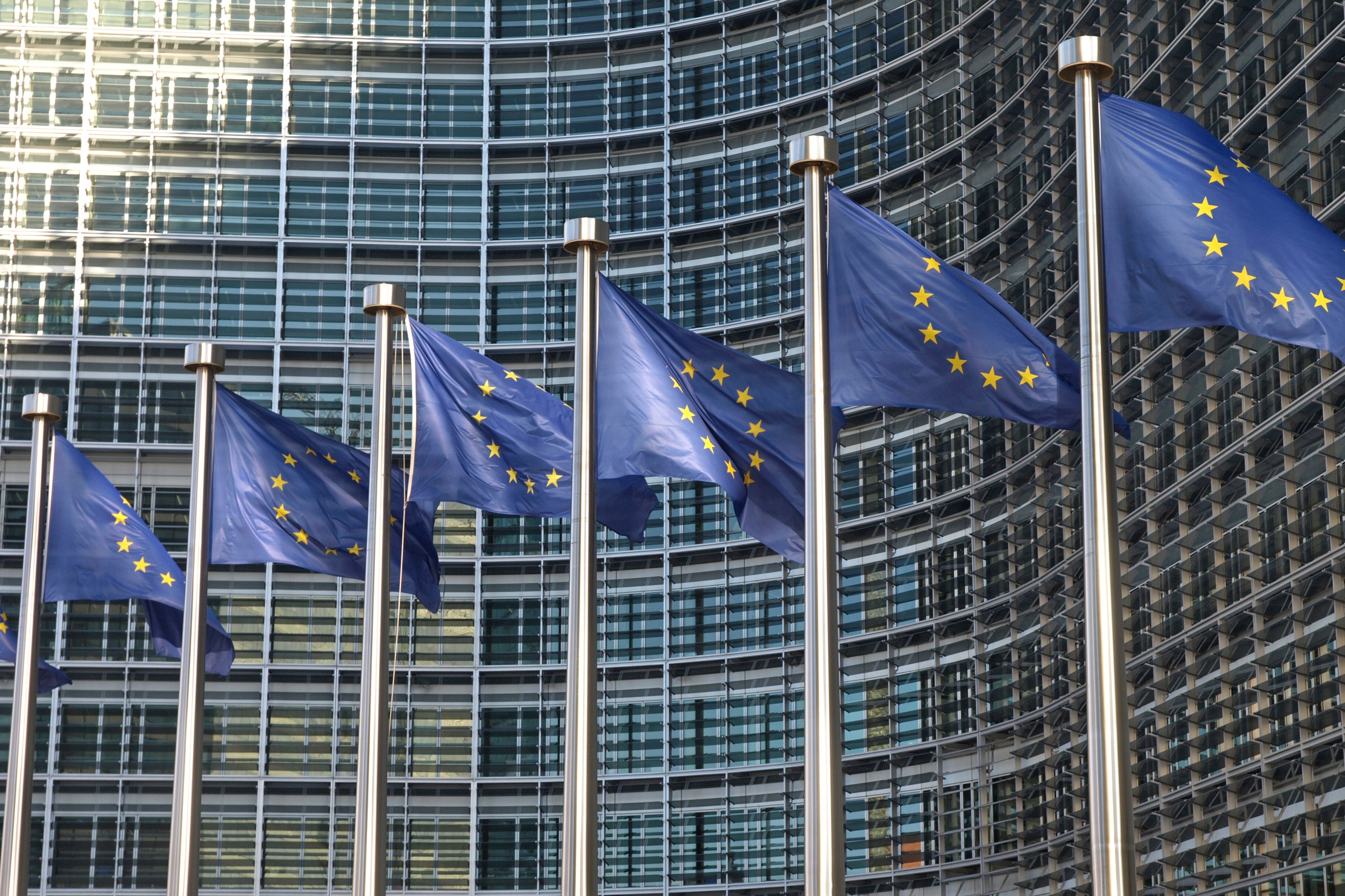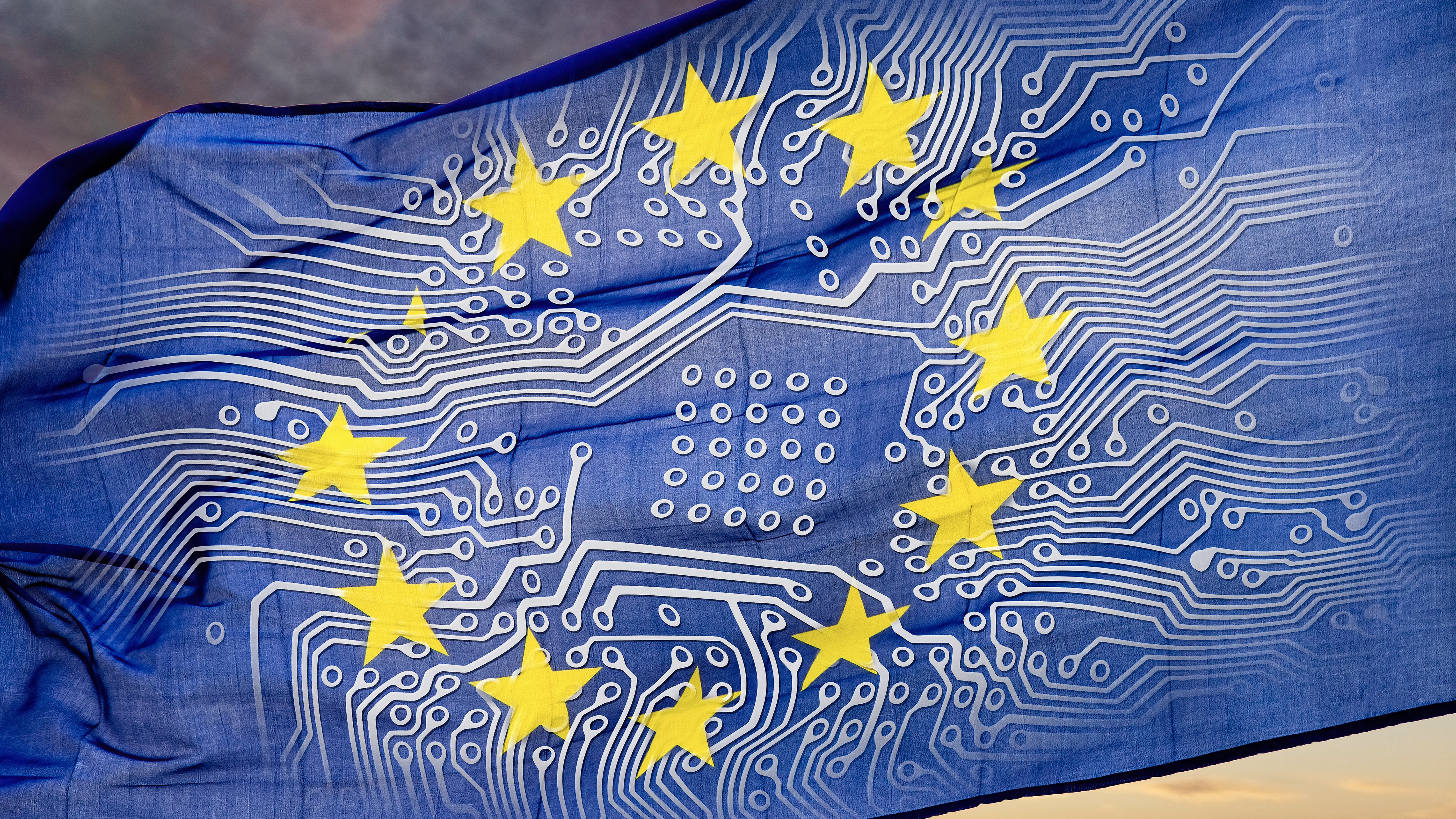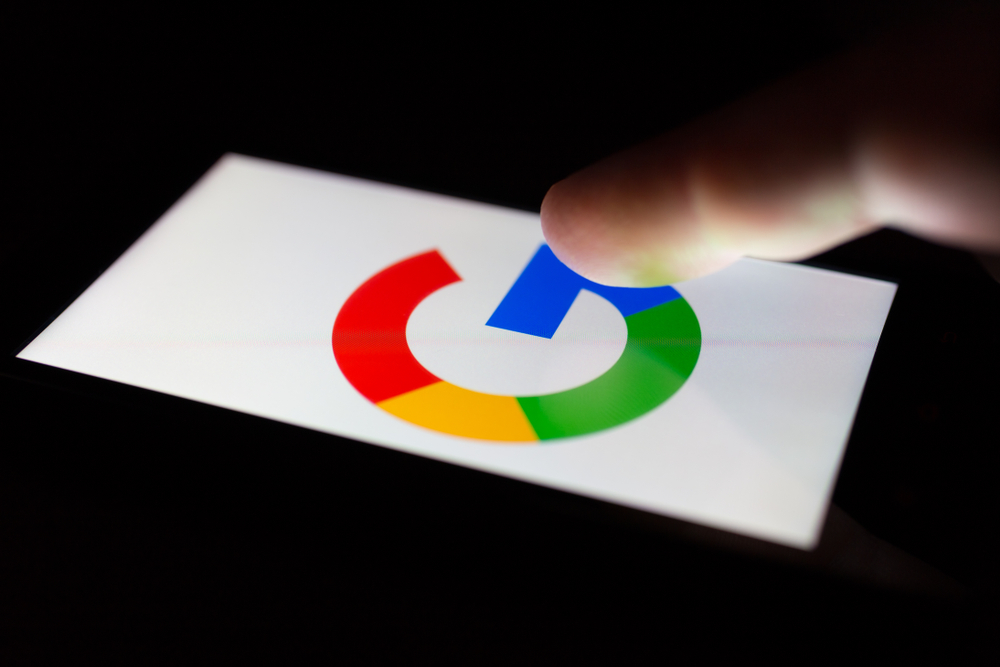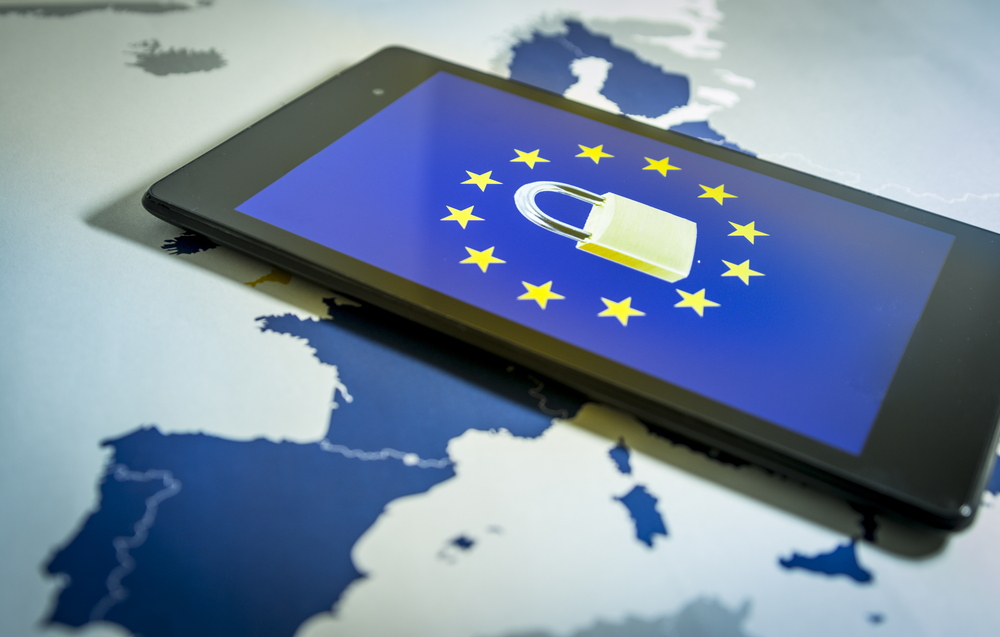EU votes to implement Digital Markets Act
New DMA legislation aims to prevent big tech companies from giving preferential treatment to their own products and services


The European Parliament has voted to approve the new Digital Markets Act (DMA), a new landmark piece of antitrust legislation designed to keep big tech giants from suppressing market competition.
Approved by an overwhelming majority, the DMA sets out a new framework of obligations for large online platforms that act as “gatekeepers” – or platforms that are difficult for consumers to avoid due to the size of their presence and reach.
The EU said the aim is to ensure a “fairer business environment” with more competition, as well as greater choice for consumers.
Reigning in big tech
To quell what it deems unfair business practices, the DMA now requires tech companies to allow third parties to inter-operate with their own services. This will allow smaller platforms to request that dominant messaging services enable their users to communicate with each other – ultimately avoiding being “locked-in” to one app.
Tech behemoths such as Apple, Google, Amazon, Facebook, and Microsoft will also now be required to allow business users access to the data they generate to promote their own offers and conclude contracts with customers outside of the host platform, the EU said.
Crucially, it means gatekeeping platforms will no longer be able to give preferential treatment to their own products by automatically ranking them above third parties – a move the EU has been edging towards for some time.
Neither will they be allowed to prevent users from easily uninstalling preloaded software or using third-party applications and app stores.
ChannelPro Newsletter
Stay up to date with the latest Channel industry news and analysis with our twice-weekly newsletter
That means the likes of Apple, who are particularly renowned for locking consumers into their ecosystem, could be forced to allow users to install alternative app stores in the EU – although some critics have already suggested this move could lead to an increase in malware and cyber-attacks.
Additionally, tech companies will not be permitted to process users’ personal data for targeted advertising unless they have explicit consent to do so.
The DMA has already drawn criticism from some quarters. Back in March, an Apple spokesperson told IT Pro that the company was concerned that some provisions will “create unnecessary privacy and security vulnerabilities for our users” while others would prohibit the company from “charging for intellectual property in which we invest a great deal."
Implementing the DMA
The DMA will be formally adopted in the EU later this month and will start to apply six months from its implementation. Gatekeeping platforms will have a maximum of six months after they have been designated to comply with the new rules. Those that violate the new rules will face fines of up to 10% of their annual global turnover.
Andreas Schwab, rapporteur for the Digital Markets Act, said the legislation’s successful implementation will help create a better pool of companies based on the quality of the product, rather than their financial strength.
“We no longer accept the "survival of the financially strongest". The purpose of the digital single market is that Europe gets the best companies and not just the biggest,” he said. “This is why we need to focus on the legislation’s implementation.”
To do so, the European Commission has set up a task force which is expected to consist of about 80 officials and last month put out a 12 million euro ($12.3 million) tender to acquire experts to help with compliance over a four-year period. There will also be a new European Centre for Algorithmic Transparency to help attract data science, experts and algorithm scientists.
“We need proper supervision to make sure that the regulatory dialogue works,” Schwab added. “It is only once we have a dialogue of equals that we will be able to get the respect the EU deserves; and this, we owe to our citizens and businesses.”
What is the Digital Services Act (DSA)?
Alongside the DMA, the European Parliament also voted in the Digital Services Act (DSA), which seeks to combat the spread of illegal content, online disinformation, and other societal risks.
It means that from September, social media and marketplace platforms will be required to be more rigorous in the battle against such threats, incorporating new obligations to respond faster, strengthen marketplace checks, increase transparency, and ban misleading practices.
Businesses that fall foul of the DSA will face fines of up to 6% of annual global turnover.
Dan is a freelance writer and regular contributor to ChannelPro, covering the latest news stories across the IT, technology, and channel landscapes. Topics regularly cover cloud technologies, cyber security, software and operating system guides, and the latest mergers and acquisitions.
A journalism graduate from Leeds Beckett University, he combines a passion for the written word with a keen interest in the latest technology and its influence in an increasingly connected world.
He started writing for ChannelPro back in 2016, focusing on a mixture of news and technology guides, before becoming a regular contributor to ITPro. Elsewhere, he has previously written news and features across a range of other topics, including sport, music, and general news.
-
 Asus ZenScreen Fold OLED MQ17QH review
Asus ZenScreen Fold OLED MQ17QH reviewReviews A stunning foldable 17.3in OLED display – but it's too expensive to be anything more than a thrilling tech demo
By Sasha Muller
-
 How the UK MoJ achieved secure networks for prisons and offices with Palo Alto Networks
How the UK MoJ achieved secure networks for prisons and offices with Palo Alto NetworksCase study Adopting zero trust is a necessity when your own users are trying to launch cyber attacks
By Rory Bathgate
-
 Strengthening your data resilience strategy
Strengthening your data resilience strategywebinar Safeguard your digital assets
By ITPro
-
 Analyzing the economic benefits of Trend Micro Vision One
Analyzing the economic benefits of Trend Micro Vision OneWhitepaper Trend Micro Vision One as a solution to cyber risks
By ITPro
-
 Oracle to build sovereign cloud regions in the EU for 2023
Oracle to build sovereign cloud regions in the EU for 2023News The cloud giant will launch the first two regions in Germany and Spain
By Zach Marzouk
-
 KRI basics for IT governance
KRI basics for IT governanceWhitepaper How information technology & information security can implement this crucial part of risk management
By ITPro
-
 Optimising storage infrastructure for DevOps practices
Optimising storage infrastructure for DevOps practicesWhitepaper Maintaining IT infrastructure to best support application services
By ITPro
-
 Google accused of 'deceptive' location tracking in fresh US lawsuit
Google accused of 'deceptive' location tracking in fresh US lawsuitNews The tech giant said the case is based on inaccurate claims and outdated assertions about its settings
By Zach Marzouk
-
 EU to unveil plans for 'bloc-wide' digital wallet
EU to unveil plans for 'bloc-wide' digital walletNews Plans for a biometrically secured app to be revealed on Wednesday and could be fully operational by next year
By Bobby Hellard
-
 Government data strategy 'fragmented and rudderless'
Government data strategy 'fragmented and rudderless'News Report finds a lack of clear leadership as efforts to harness data have "barely scratched the surface"
By Keumars Afifi-Sabet